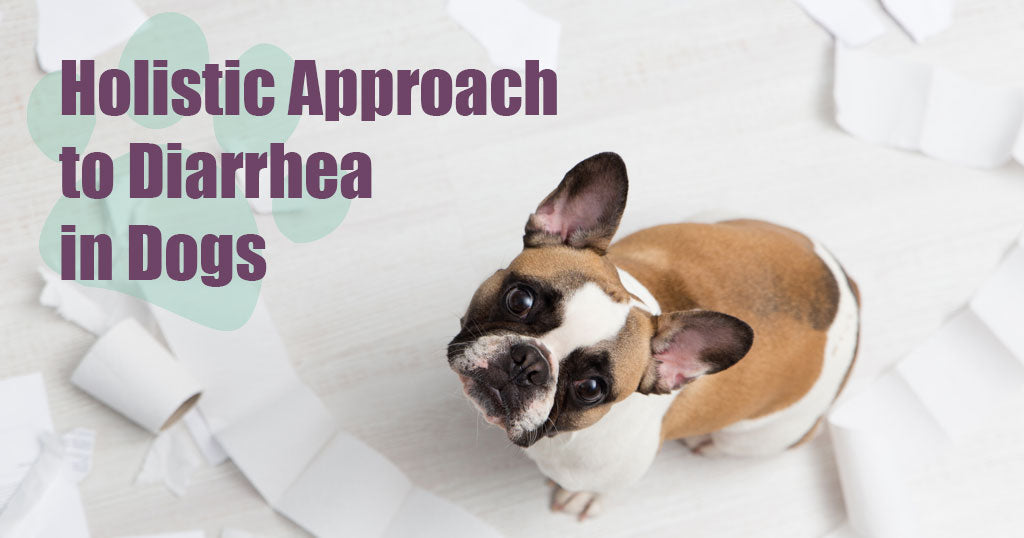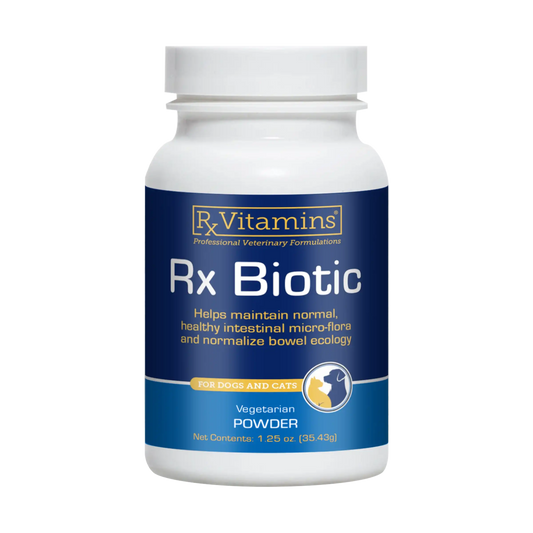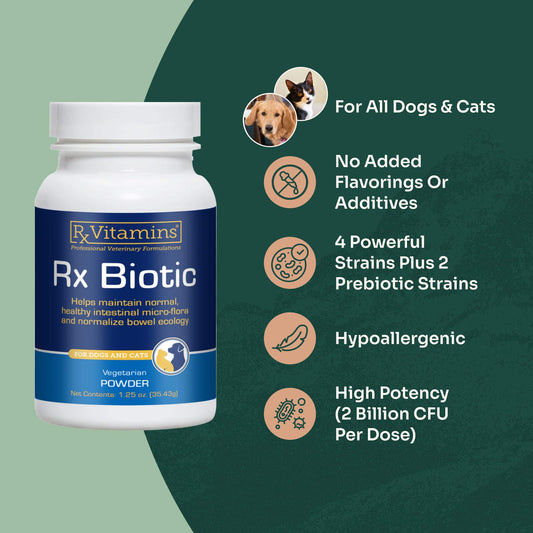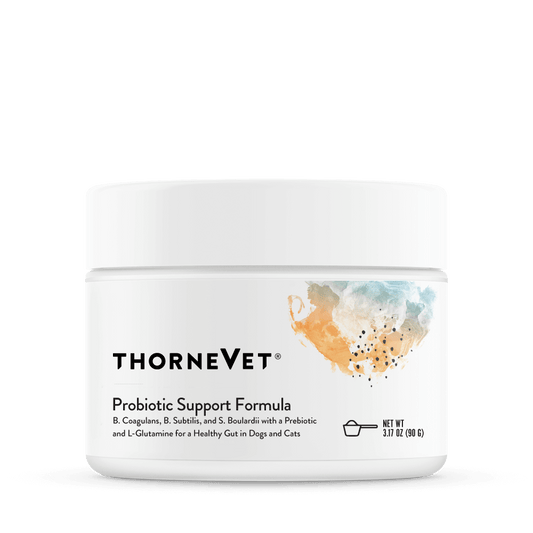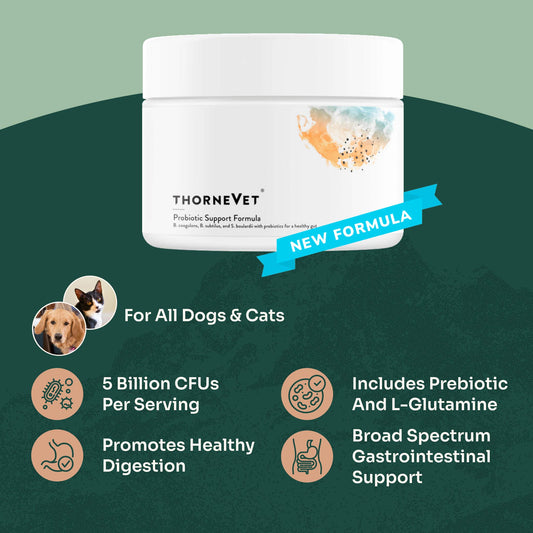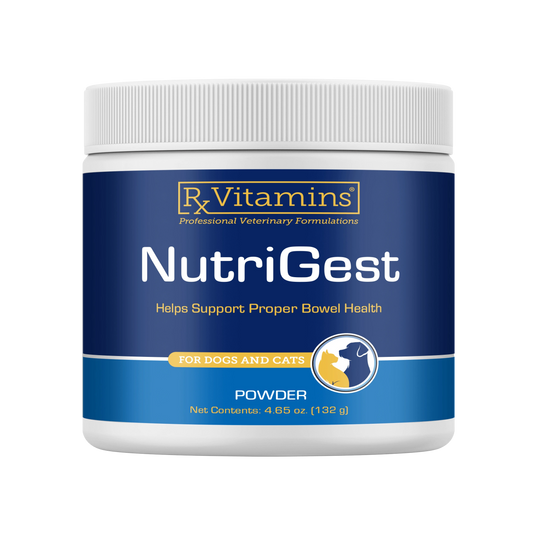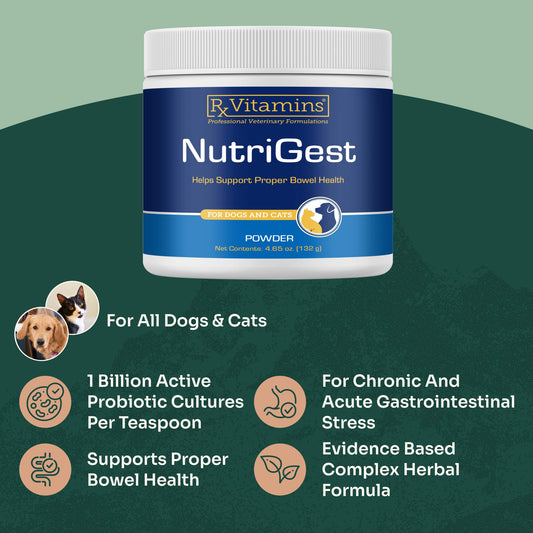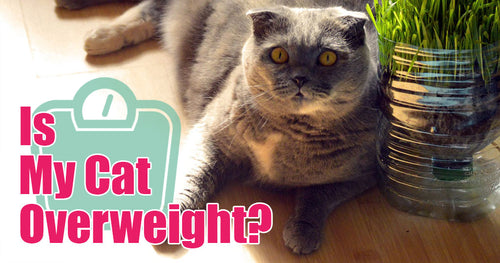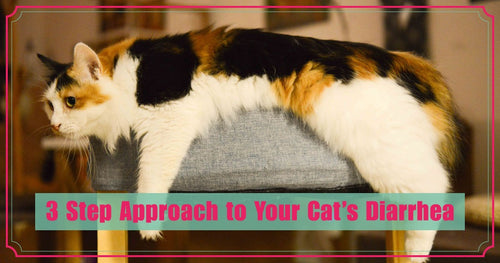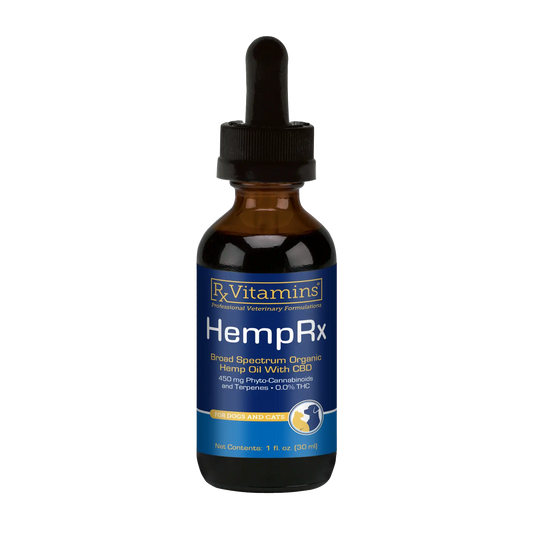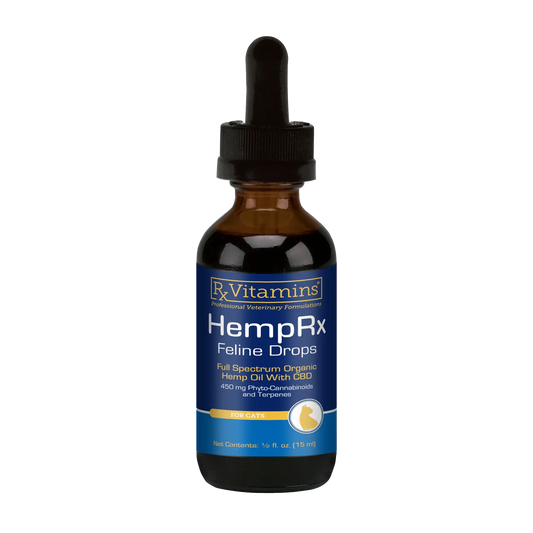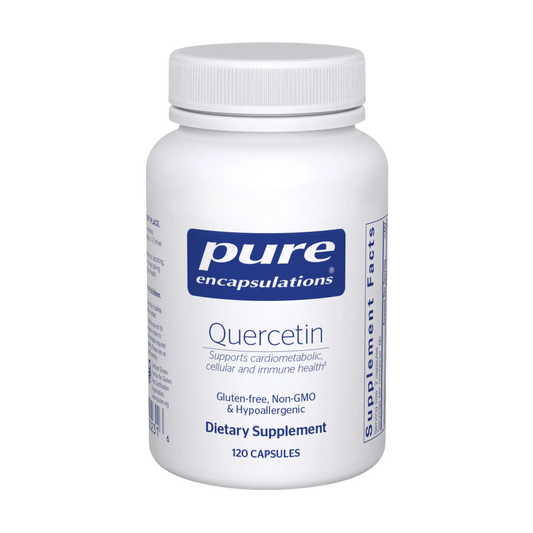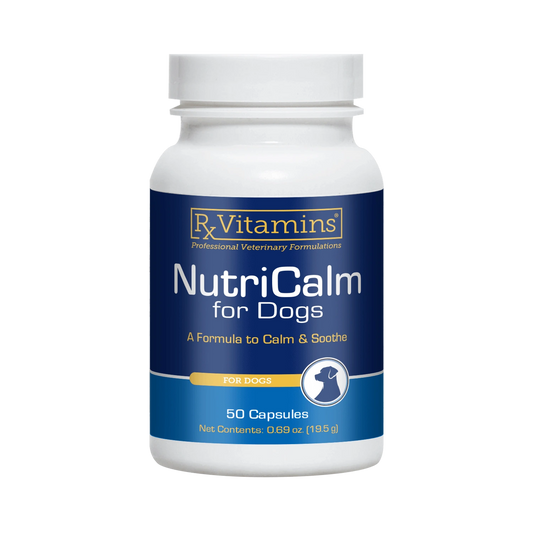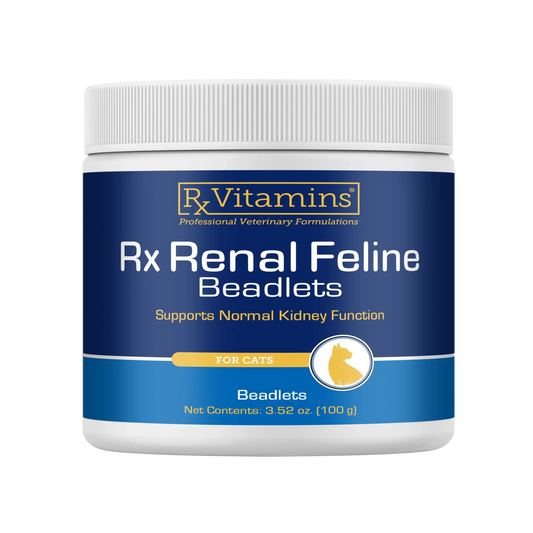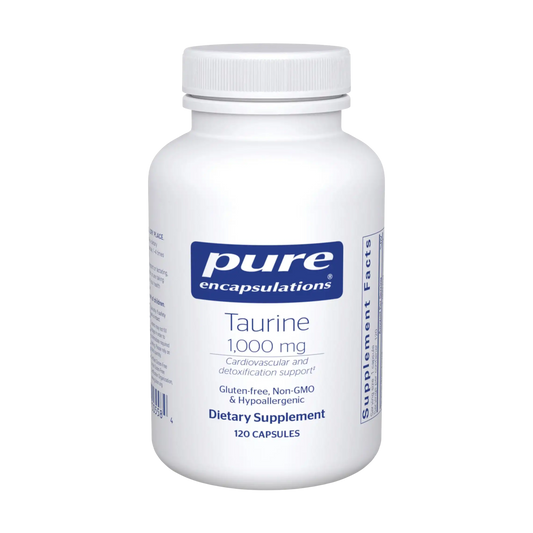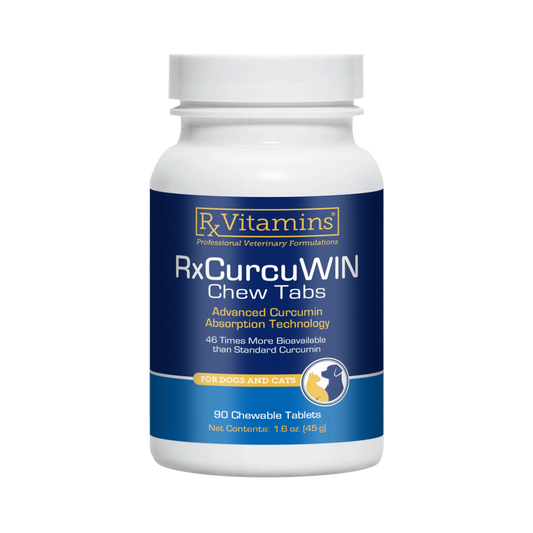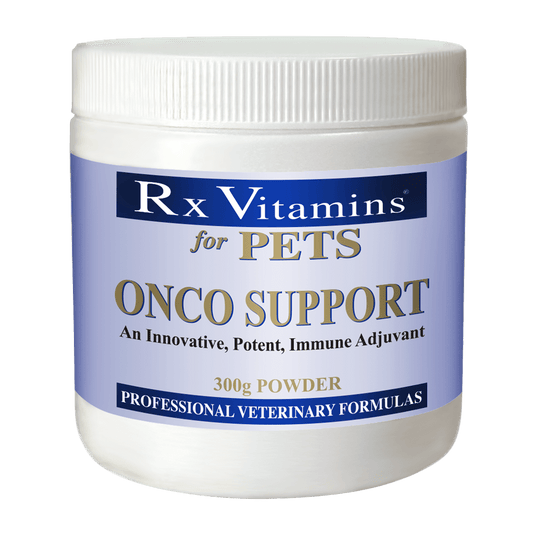As much as we’d all like to deny it, poop happens! So does diarrhea. Every dog experiences episodes of diarrhea but when should you be concerned about your pup’s runny stool? What should you do? In this article, I am going to outline when to seek veterinary care and what you can do to help your dog during these uncomfortable times.
Your dog has diarrhea when the consistency and/or frequency of stool changes. Usually the stool becomes soft, watery, or mucus-filled. Your dog may poop every few hours instead of 1-2 times daily. Before I outline the things you SHOULD be concerned about, let me review the things that ARE NOT concerning.
You should NOT be concerned about:
- One pile of loose poop. Unless your dog has a history of chronic intermittent diarrhea, this is not a concerning event.
- A small amount of frank (AKA red) blood. This looks scary but is rarely a serious problem.
The following are causes for concern:
- Large volumes of bloody and watery diarrhea. This is called hemorrhagic diarrhea and often requires hospitalization.
- Diarrhea with no appetite or thirst for 24 hours. If your dog has been having persistent diarrhea and has not been eating or drinking, they should be evaluated and treated for dehydration.
- Visible parasites in stools. If you see worms in your dog’s stool (gross!), consult your veterinarian right away. Many parasites that are found in a dog’s stool are transmissible to humans. This transmission can be avoided by removing stool from the yard or home and washing your hands.
- Black tarry stools. This can be a sign of bleeding in the intestines and requires a trip to your veterinarian.
- Chronic diarrhea. If your dog has diarrhea frequently (longer than 3 weeks), it’s considered chronic. In this article, I will continue to focus on treating acute or sudden onset diarrhea.
What to do if your dog has diarrhea:
- Food. It can be hard to know what to diet to use when your dog has diarrhea. If your dog has very mild diarrhea (1-2 episodes of loose stool) and otherwise feels fine, I recommend feeding their regular diet. If your dog has moderate diarrhea (3-4 episodes of very loose stools), I recommend skipping one meal and then feeding a bland diet of low fat cooked chicken breast and rice. If your dog is allergic to chicken, you can substitute with lean ground beef. If your dog is eating a raw diet, I recommend gently cooking their diet for a few days. If your dog has severe diarrhea (continuous blow out diarrhea), I recommend fasting your dog for 24 hours. It is important to continue to offer your dog water.
- Probiotics. Good bacteria can play an important role in bringing your dog’s gut back into balance. I like alternating between this soil based probiotic and this non-soil based probiotic.
- Stool Sample. If your dog’s diarrhea continues past one or two days, save a sample in the refrigerator to take to your veterinarian. Ideally, a sample should be submitted to your veterinary office the same day it was collected.
- Hydration. Keeping your dog hydrated will help them feel better faster. Unless your dog is also vomiting, always give them free access to water. If they are having profuse, watery diarrhea, consider adding water to their meals to help promote hydration. If they haven’t eaten or had anything to drink for 24 hours and continue to have diarrhea, consider taking them to the veterinary clinic for fluid therapy.
- Supplements. I like using herbs and nutraceuticals to help support my patient’s gut lining after episodes of diarrhea. I use Nutrigest by Rx Vitamins for Pets because it includes supportive herbs like licorice and ginger. The glutamine also helps support the health of your dog’s intestinal lining.
How do you support your dog during episodes of diarrhea? I would love to hear from you! Leave a comment below!
With love,
Dr. Angie
